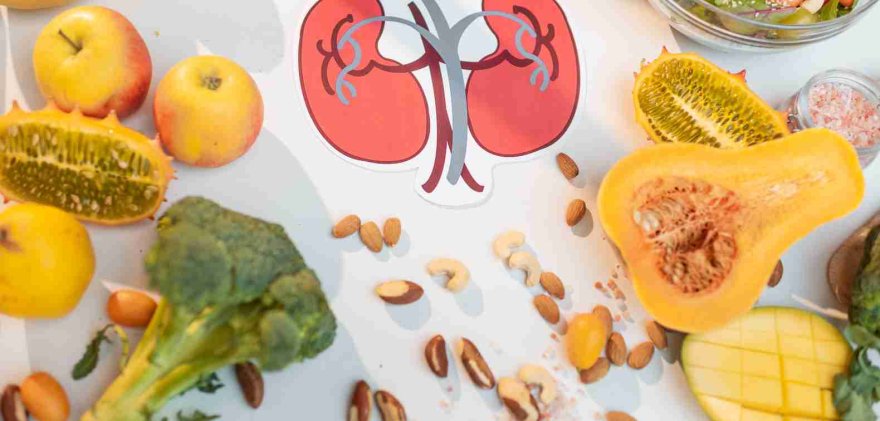
The kidney has many jobs in the body, one of which is the removal of waste products in the blood.
Read more
Tips from Renal Dieticians
When the kidneys’ function declines, these waste products build up and can have a negative impact on a person’s health and wellbeing. Symptoms can include nausea, vomiting, weight loss, difficulty concentrating, and fatigue. Some people can also experience changes in appetite, including a loss of appetite (anorexia) and a different or reduced sense of taste (dys/hypogeusia).
Below is a list of taste complications and some suggested strategies to try to improve your eating experience. As with the rest of a kidney-friendly diet, always remember that the strategies suggested here should be done so in moderation, especially if consuming sugar to improve taste.
Maintain Good Oral
Hygiene Brush your teeth at least twice per day for at least two minutes. Remember to brush your tongue as well. Try using a mouthwash after brushing. Remember not to swallow the mouthwash.
Metallic/bitter foods
Avoid the use of storing foods in metal containers and steer clear of metal utensils. Try storing leftovers in glass or plastic containers and using wooden or plastic utensils when eating. Try sweetening your meals with a small amount of fruit, honey, or syrup, or caramelise your vegetables. When choosing protein options, red meat can taste more metallic than other choices. Instead, try chicken, pork, fish, or eggs. Marinating meats in something acidic such as vinegar can reduce the metallic or bitter taste.
Food tasting too sweet?
Include a savoury flavour with your meal, such as mushroom or tomato.
Try applying juice from a lemon or lime to your tongue before eating your meal. Alternatively, add something acidic into your meal – vinegar, citrus fruit and juice, plain yoghurt, berries.
Too much salt?
Remove salt from cooking and having salt at the table. Combine sweet and acidic ingredients into your meals – lemon with maple syrup or honey and vinegar.
Is bland tasting food an issue?
Flavours such as pepper, herbs, spices, chillies, vinegar, and lemon are a great way to increase flavour without needing to add more salt. Switch between different flavours on your plate, changing up the food of each mouthful. Sour foods like pickled vegetables or yoghurt can be a good addition for improving flavour.
Written by Matson McCauley and Briar Davies, Northland & Waikato Renal Dietitians